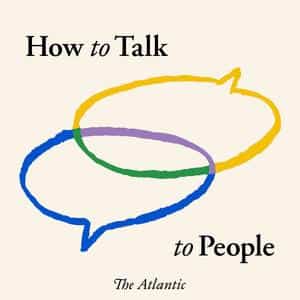
In this episode of the Huberman Lab podcast, Dr. Andrew Huberman interviews Chris Voss, a former FBI agent and negotiation expert. Voss shares valuable insights on how to succeed at hard conversations in various contexts, including business and relationships. He emphasizes the importance of being heard accurately and discusses the role of physical and mental stamina in difficult conversations, negotiations, and decision-making. This episode is sponsored by Plunge and Roca, offering self-cooling cold plunges and eyeglasses/sunglasses respectively.
Chris Voss, a former FBI agent and negotiation expert, shares valuable insights on how to succeed at hard conversations. He emphasizes the importance of being heard accurately, as well as the role of physical and mental stamina in difficult conversations, negotiations, and decision-making.
Voss provides tips for successful negotiations, including the importance of getting one’s mind and body right. He advises identifying the real issue and determining if there’s a deal or not. Diagnosing possibilities early on and assessing the trustworthiness of the other side are also crucial. Approaching negotiations with a positive and playful mindset can lead to better outcomes.
Voss discusses the influence of low frequency sounds on the brain. He explains how different frequencies of sound affect neurons and how low frequency sounds can promote a state of calmness through entrainment of the brain.
Establishing a positive mindset and shifting from anger to calmness are important in negotiations. Voss suggests starting with a guess at the other person’s perspective to accelerate the conversation and promote candidness. Hypothesis testing and collaboration can lead to better outcomes and ideas.
Voss emphasizes the role of generosity in establishing long-term relationships and collaborations. He highlights the benefits of doing things for others out of goodness without expecting anything in return. Empathy plays a crucial role in hostage negotiations, and tactical empathy techniques like mirroring and proactive listening help build rapport and understand emotions.
Voss discusses the importance of recognizing patterns of behavior and specificity in demands during negotiations. He advises looking for specificity to better understand the situation. Recognizing red flags, such as urgent requests for expediting something, can help avoid potential scams. Confirming the identity of the person making urgent requests is crucial.
Voss shares insights into negotiating in high-stakes situations, such as hostage scenarios. He discusses the importance of understanding motivations and potential harm. Wearing down a bad actor involves asking legitimate questions about implementation and compliance. Triggering a state change and understanding mission alignment can provide insights into values and priorities. Ending relationships with honesty and directness is important.
Voss emphasizes the importance of self-care and recharge for negotiators, especially in high-stress situations. He discusses the use of physical tools like cold plunges and saunas for self-maintenance and state shifting. Being prepared for potential assaults is part of the job for hostage negotiators.
Chris Voss provides valuable insights on succeeding at hard conversations and negotiations. By emphasizing the importance of being heard accurately, maintaining physical and mental stamina, and fostering empathy and collaboration, Voss offers practical strategies for navigating difficult situations. Whether in business, relationships, or high-stakes scenarios, his advice can help listeners approach conversations with confidence and achieve better outcomes.